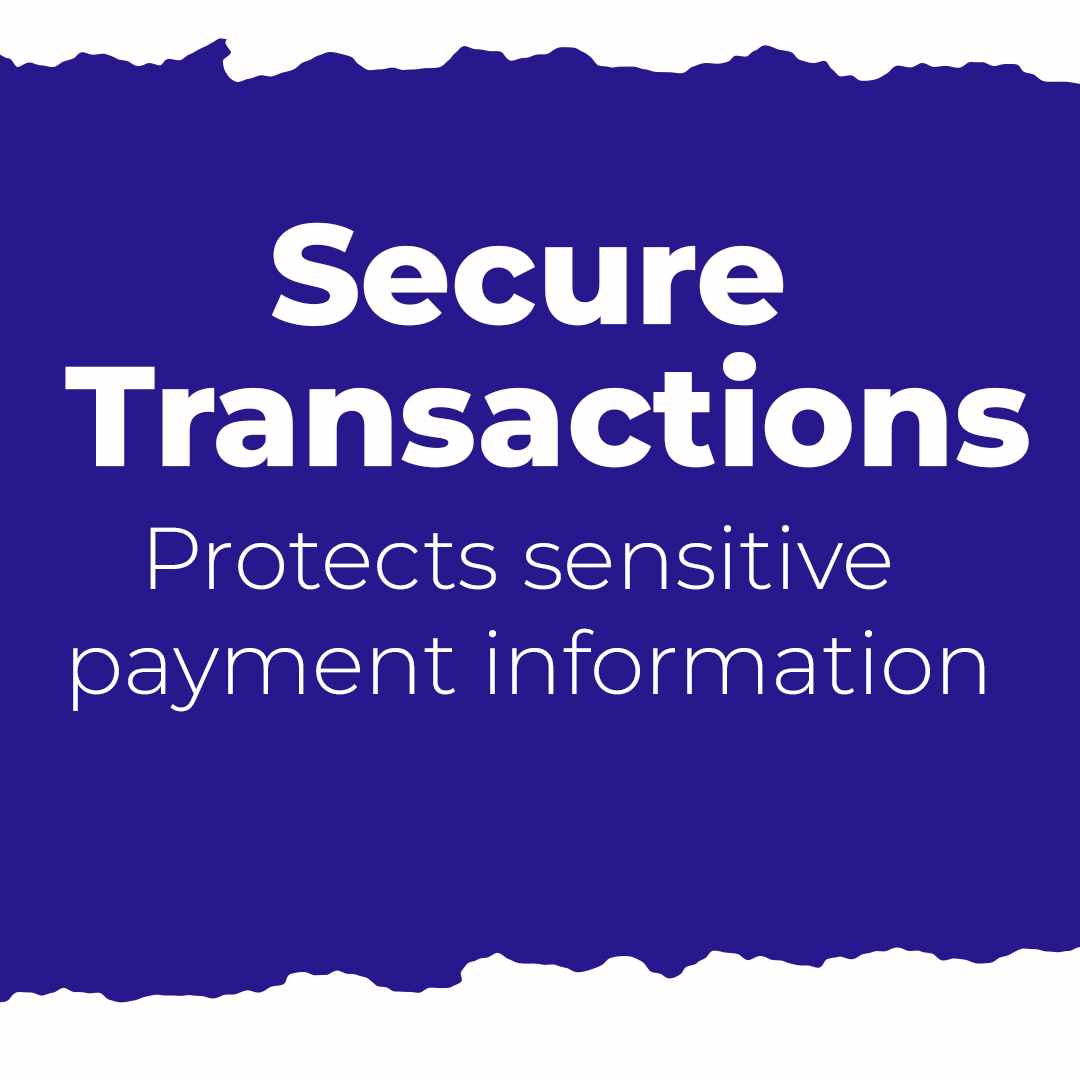
Understanding the Risks of Merchant Fraud
Merchant fraud is a serious concern in e-commerce and financial transactions. It occurs when merchants engage in deceitful activities, either intentionally or unintentionally, leading to financial losses, legal consequences, and reputational damage. Understanding the various types of merchant fraud and their risks is essential for businesses, payment processors, and consumers alike. In this article, we’ll explore the key risks associated with merchant fraud.
Types of Merchant Fraud
Merchant fraud can take many forms, each posing different risks to both businesses and customers. Below are the most common types:
1. False Chargebacks
Chargeback fraud occurs when a merchant deliberately disputes legitimate transactions or inflates the amount to receive extra money from customers or financial institutions.
- Risk: This type of fraud can lead to significant financial losses for both the issuing bank and customers, resulting in lost trust and potential legal consequences for the merchant.
2. Friendly Fraud
This form of fraud occurs when a customer makes a legitimate purchase but later disputes the charge with the intent of keeping the product or service without paying.
- Risk: Merchants face financial losses, damaged relationships with customers, and reputational harm. It can also increase chargeback rates, affecting future payment processing relationships.
3. Account Takeover
Account takeover happens when a fraudster gains unauthorized access to a merchant’s payment account, allowing them to make illicit transactions or steal customer data.
- Risk: This can result in financial theft, reputational damage, and even potential lawsuits from affected customers whose data was compromised.
4. Phantom Transactions
Phantom transactions occur when a fraudulent merchant submits fake or non-existent transactions to their payment processor to receive funds for services or products they never provided.
- Risk: This can lead to disputes with payment processors, potential fines, and the loss of processing privileges, crippling a merchant’s ability to do business.
5. Credit Card Laundering
Some merchants may process transactions on behalf of another party (often a high-risk entity) to hide the true nature of the transaction from payment processors.
- Risk: This is illegal and can lead to severe penalties, including fines, legal action, and termination of merchant accounts. Payment processors and acquiring banks may also face compliance issues.
Risks and Consequences of Merchant Fraud
Merchant fraud is not only harmful to businesses but can also impact customers and payment processors. Below are the primary risks:
1. Financial Losses
- For Businesses: Merchant fraud can lead to direct financial losses from chargebacks, disputes, and penalties.
- For Customers: Victims of fraud may lose money due to unauthorized transactions, delayed refunds, or non-existent products.
2. Reputational Damage
- Merchants involved in fraud may lose the trust of customers and business partners, which can result in a significant downturn in business.
- Fraudulent activities can also damage relationships with payment processors and acquiring banks.
3. Legal Consequences
- Engaging in fraudulent activities exposes merchants to potential lawsuits from customers or regulatory bodies.
- Violations of payment regulations can result in severe fines and the loss of operating licenses.
4. Loss of Payment Processing Privileges
- Payment processors may terminate a merchant’s account if they are found engaging in fraudulent practices. This makes it challenging for the merchant to conduct transactions and could result in business closure.
How to Prevent Merchant Fraud
To mitigate the risks of merchant fraud, businesses should take the following precautions:
- Implement robust security measures, such as two-factor authentication and encryption, to protect customer data and payment information.
- Monitor transaction activity regularly for any suspicious or irregular patterns.
- Work with trusted payment processors and maintain compliance with payment industry regulations.
Conclusion
Merchant fraud presents significant risks, including financial losses, reputational damage, legal consequences, and the potential loss of payment processing privileges. Businesses must remain vigilant and take proactive measures to protect themselves from fraudulent activities, ensuring a secure and trustworthy environment for their customers and payment partners.












